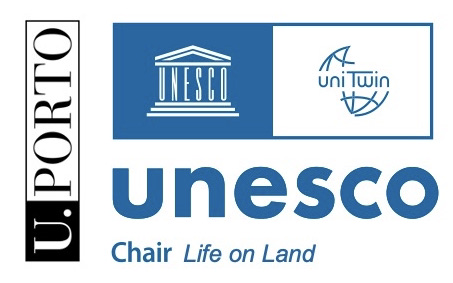Twinlabs
The TROPIBIO project is implemented by CIBIO in close collaboration with a diverse array of institutions, including institutions from Portuguese-speaking and other African countries, top level research centres in the EU and the US, non-governmental organizations, private corporations, and public administration agencies, thereby promoting knowledge mobilization through robust stakeholder engagement.
Although not formally included among the participating institutions, TROPIBIO actively engages with partner institutions involved in the TwinLabs network which was established by CIBIO with the aim of fostering collaborative research, advanced training, and capacity building in Portuguese-speaking African countries. The first TwinLab was established in 2012 in Angola through a protocol with ISCED, Instituto Superior de Ciências da Educação – Huíla. This initial step paved the way for other TwinLabs to be set-up in South Africa, Mozambique, Namibia, Cape Verde, Zimbabwe and Botswana. The UNESCO Chair Life on Land was awarded to CIBIO/University of Porto in 2017 as a recognition of this cooperative effort and to coordinate and foster interactions between the TwinLabs, with a particular focus on the SADC (Southern African Development Community) region.
The TROPIBIO project supported the establishment of new protocols, namely with the Universidade Mandume Ya Ndemufayo (UMN) and Universidade Onze de Novembro (UON) in Angola, as well as with the Midland State University in Zimbabwe, and the University of Botswana. It also aided the expansion of the network towards the tropics, in particular the Gulf of Guinea region, with ongoing discussions for future TwinLabs in Guinea-Bissau, Equatorial Guinea and in São Tomé and Príncipe. A partnership agreement was also established with the BirdLife International office in São Tomé to promote evidence-based management of protected areas.
TROPIBIO and its partner institutions are also strengthening the TwinLab network by providing human resources and logistic support to advance research in tropical biodiversity and ecosystems. In addition, by involving national and regional authorities in the partner countries, the research strives to address societal concerns towards sustainable development. Networking with other research institutions across English-, French- and Portuguese-speaking African countries enhances the impact of TROPIBIO’s research and facilitates the mobilization and dissemination of knowledge on a large scale.
This aligns with TROPIBIO’s key objectives of consolidating and ensuring the sustainability of CIBIO’s research excellence, and reinforcing its internationalization strategy, thereby reinforcing its integration as a relevant player in the ERA.
Learn more about the TwinLabs
and the UNESCO Chair Life on Land

